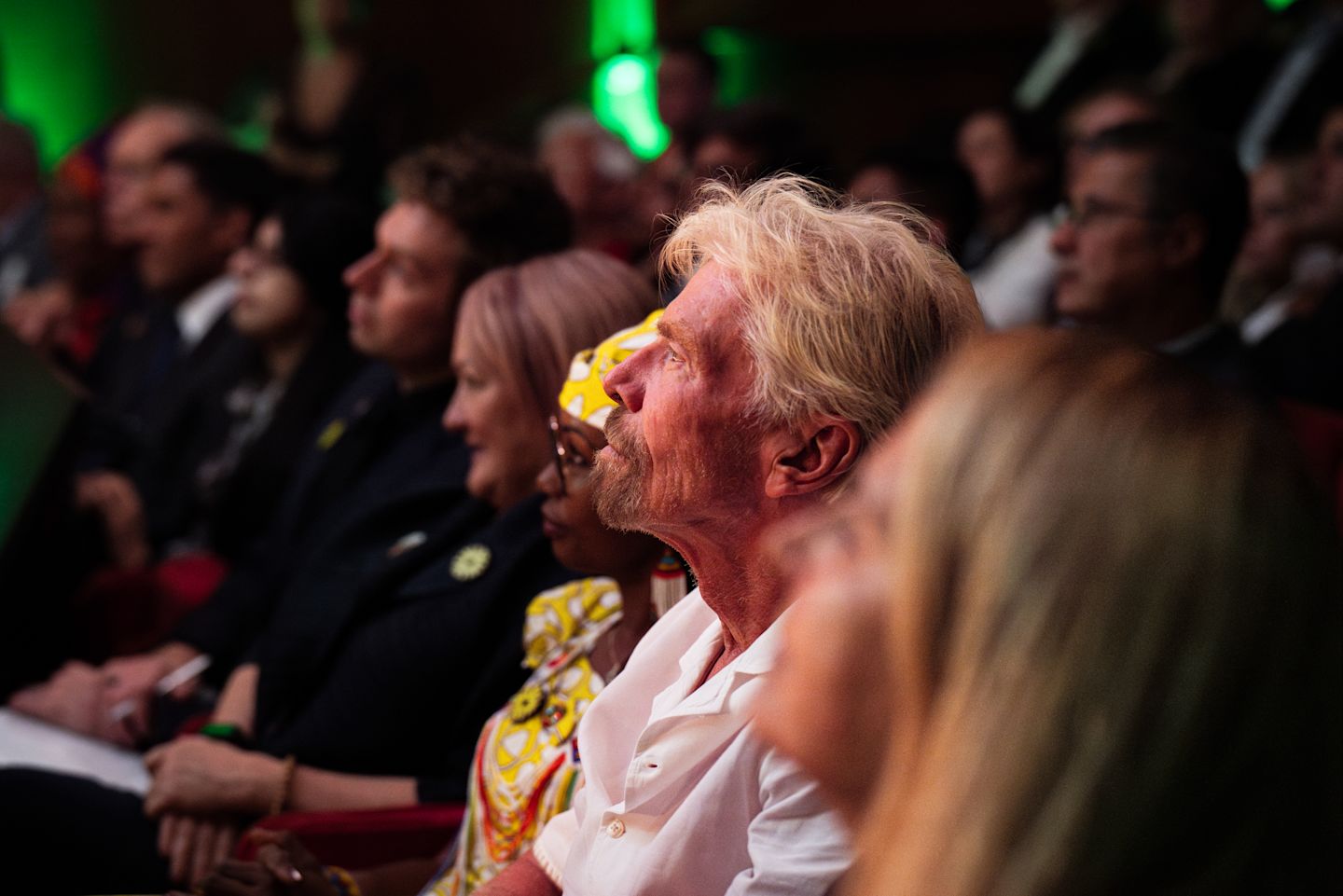My thoughts on Syria
Amidst all the turmoil and crises facing the world these days, it’s important to highlight the moments that lift our spirits. This weekend, I was touched by the joy and the spontaneous celebrations of millions of Syrians around the world upon hearing that Bashar al-Assad had resigned as Syria’s ruler and unceremoniously fled his country to Moscow. After more than 50 years of iron-fisted rule by the Assad clan, propped up by the dictators in Iran and, more recently, Russia, many Syrians got a taste of freedom for the first time in their lives. This was as uplifting a moment of liberation as any we have seen in the last 40 years.
Of course, ending Assad’s brutal rule is one thing. Keeping the peace and rebuilding a nation so fragmented and battered is another matter altogether.
Much has been written in recent days about Hay’at Tahrir al-Sham (HTS), the rebel group that now controls significant swaths of Syria, and the new men in charge, Abu Mohammad al-Julani, and the recently named interim Prime Minister Mohammad al-Bashir. Whilst their organisation is still designated a terrorist organisation by the US, the UK and several other nations, it will be their task to demonstrate that HTS is capable of rising above sectarian and tribal divisions and offer a unifying vision that will bring together all Syrians. This also means leaving behind the more radical positions of their jihadist roots and rebuilding a Syrian nation that is free, democratic, and inclusive of its multiple ethnic and religious groups. When I say inclusive, I also hope that HTS and its allies will commit to the equal participation of Syrian women in the political and economic process to come, many of whom have long been such passionate voices of change.
As the situation in Syria unfolds, I am reminded of South Africa and Nelson Mandela at the end of Apartheid rule in 1990. Mandela, too, had early in his political career embraced the violent struggle against the regime and was frequently branded a terrorist by his enemies and detractors. After 27 gruelling years in prison, he could have been forgiven for harbouring much resentment and seeking retribution. But Mandela did exactly the opposite – calling for unity, asking South Africans to find common ground, and practice forgiveness, mercy, and tolerance. “To be free is not merely to cast off one's chains, but to live in a way that respects and enhances the freedom of others,” Mandela once said, and he went even further: together with his friend Archbishop Desmond Tutu, he set South Africa on a path of truth and reconciliation that undoubtedly prevented much strife and bloodshed in the years that followed. This would be a good model for Syria, too.
I am well aware that Syria at the moment is in a far more volatile and fragmented state than South Africa was after the collapse of the Apartheid system. For starters, HTS doesn’t control the entire country, and much of the nation’s immediate fate will depend on others, particularly its neighbours and their competing security interests.
But at the end of the day, Syrians still hold many of the keys to long-term peace and prosperity. Their choices now will shape Syria for years to come. And I hope that HTS and its leaders will seize this opportunity to build a lasting, positive legacy. The alternative would be a permanent state of war, spelling doom for the Syrian nation, and the rest of the region.
Sadly, tens of thousands of Syrians, from those killed in the regime’s atrocious Hama massacre in 1982 or the chemical attack on Ghouta in 2018, to the countless victims of Assad’s torture chambers at Saydnaya Prison, did not live to experience this momentous moment for their nation. Their sacrifice, their suffering, their memory alone should command Syrians to come together and build a new, more peaceful and, ultimately, more prosperous Syria. We should all be rooting for that.


